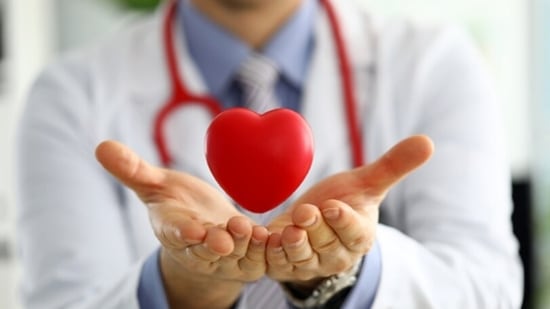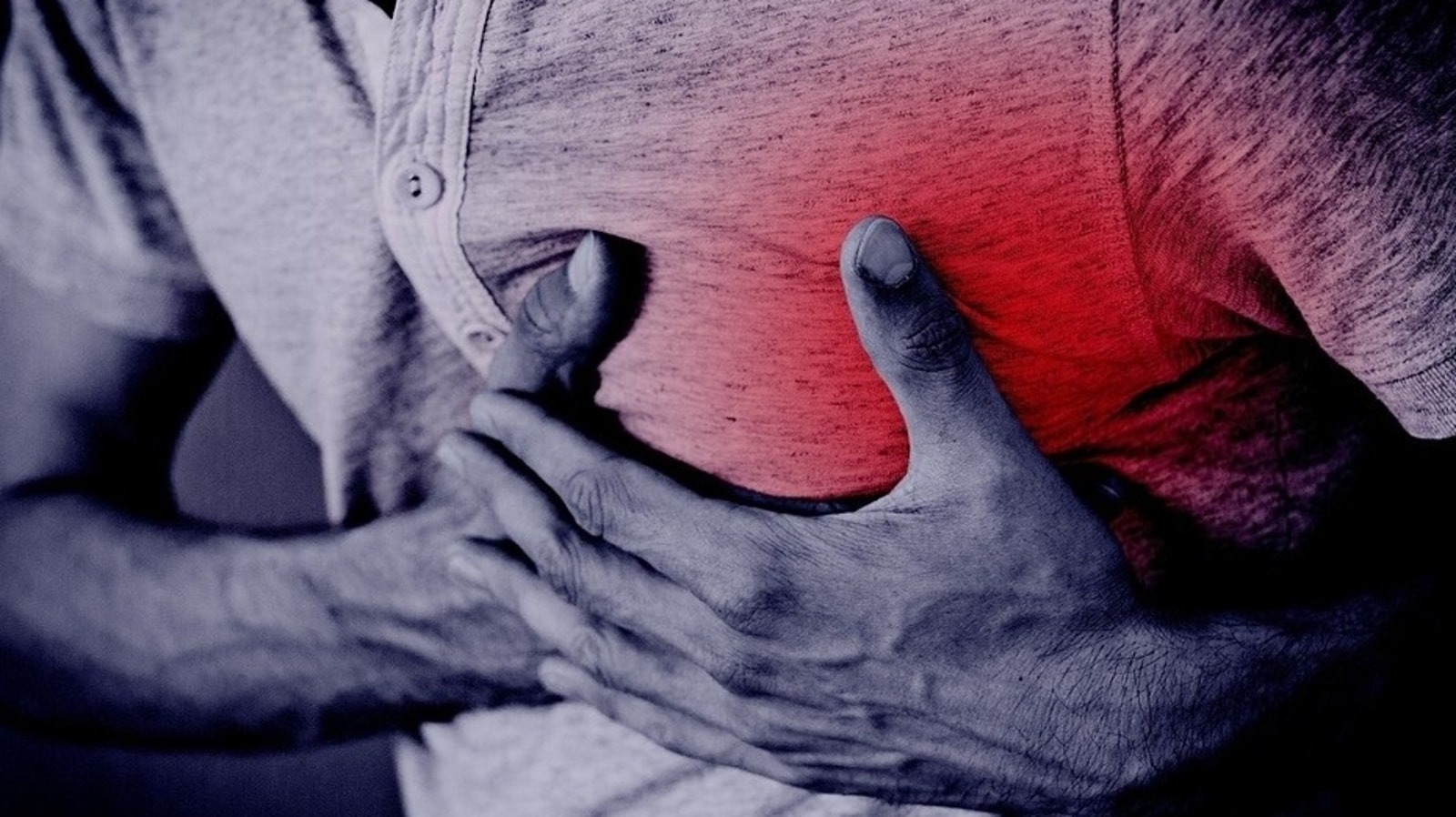Blood clots are body’s pure system to end bleeding soon after an injury or cut. They are gel like clumps of blood and variety when platelets, proteins, and cells in the blood adhere collectively. Whilst clotting is a ordinary approach, it can flip harmful when the clot won’t dissolve on its individual. This is called thrombus. Blood clots that sort in arteries are recognised as arterial clots and can be severe. A single of the side-results of Covid-19 has been the increase in coagulability of blood which raises risk of clot in arteries much too which can elevate heart assault chances. (Also browse: Is Covid-19 vaccine triggering enhance in heart assault circumstances? Here’s what cardiologists say)
According to a research on just after-effects of Covid-19, men and women who acquired infected with the virus have a increased risk of unsafe blood clots for shut to a 12 months later on. Other scientific studies also agreed that Covid brings about sharp maximize in threat of blood clot-similar problems – including heart attack and stroke – quickly right after diagnosis as opposed to people today who under no circumstances experienced Covid-19.
A blood clot that develops in arteries is termed arterial thrombosis and is risky as it can quit the blood stream to heart or mind. If a blood clot blocks the arteries in heart muscle mass, it might lead to heart attack, although blockage in artery in brain could direct to stroke.

“You might get a clot in your arteries, which have oxygen in your blood from your heart to all the cells of your entire body. The result can be truly major. It can maintain oxygen from obtaining to your heart, lungs, or mind, and bring about a lifetime-threatening emergency, like a coronary heart attack or stroke,” says wellness specialist and nutritionist Karishma Shah in her current Instagram submit.
Signs or symptoms OF BLOOD CLOT
Shah talks about signs and symptoms of blood clot you should not disregard.
1. Pores and skin color
If a clot plugs up veins in your arms or legs, they could seem bluish or reddish. You pores and skin also may continue to be discoloured from the harm to blood vessels afterward. APE in your lung could make your skin pale, bluish and clammy.
2. Inflammation
When a clot slows or stops the stream of blood, it can build up in the vessel and make it swell. You also can have a clot in your arms or stomach. Even just after it goes absent, 1 in 3 persons however have inflammation and sometimes suffering and sores from injury to the blood vessels.
3. Suffering
Sudden, rigorous chest agony could imply the clot has broken off. Or it could be a signal that a clot in your artery gave you a heart attack. If so, you also may truly feel agony in your arms, primarily in the still left.
4. Hassle respiratory
This is a critical symptom. It could be indicator that you have a clot in your lung or your heart. Your coronary heart could possibly also race, or you may well experience sweaty or faint.
